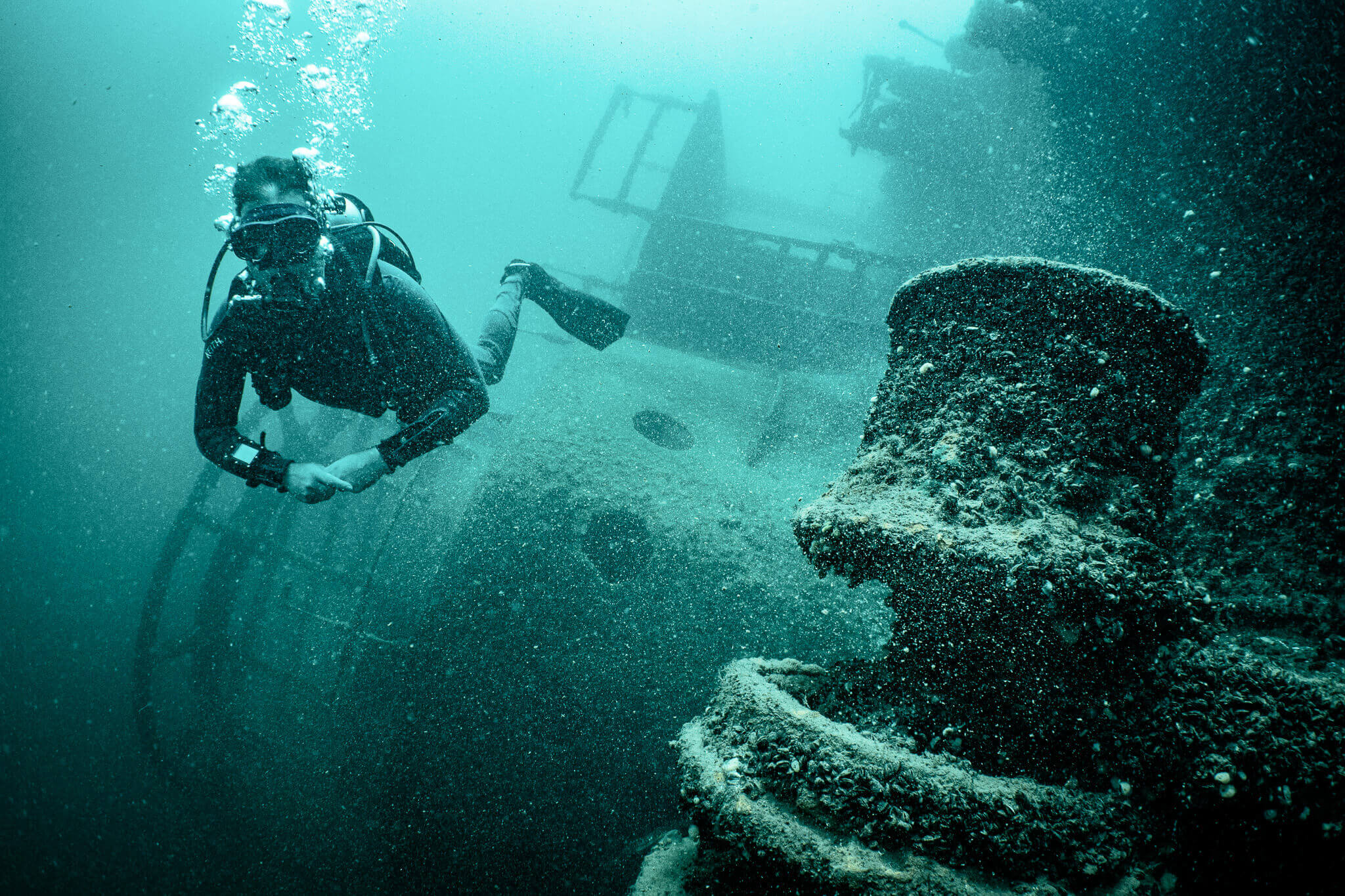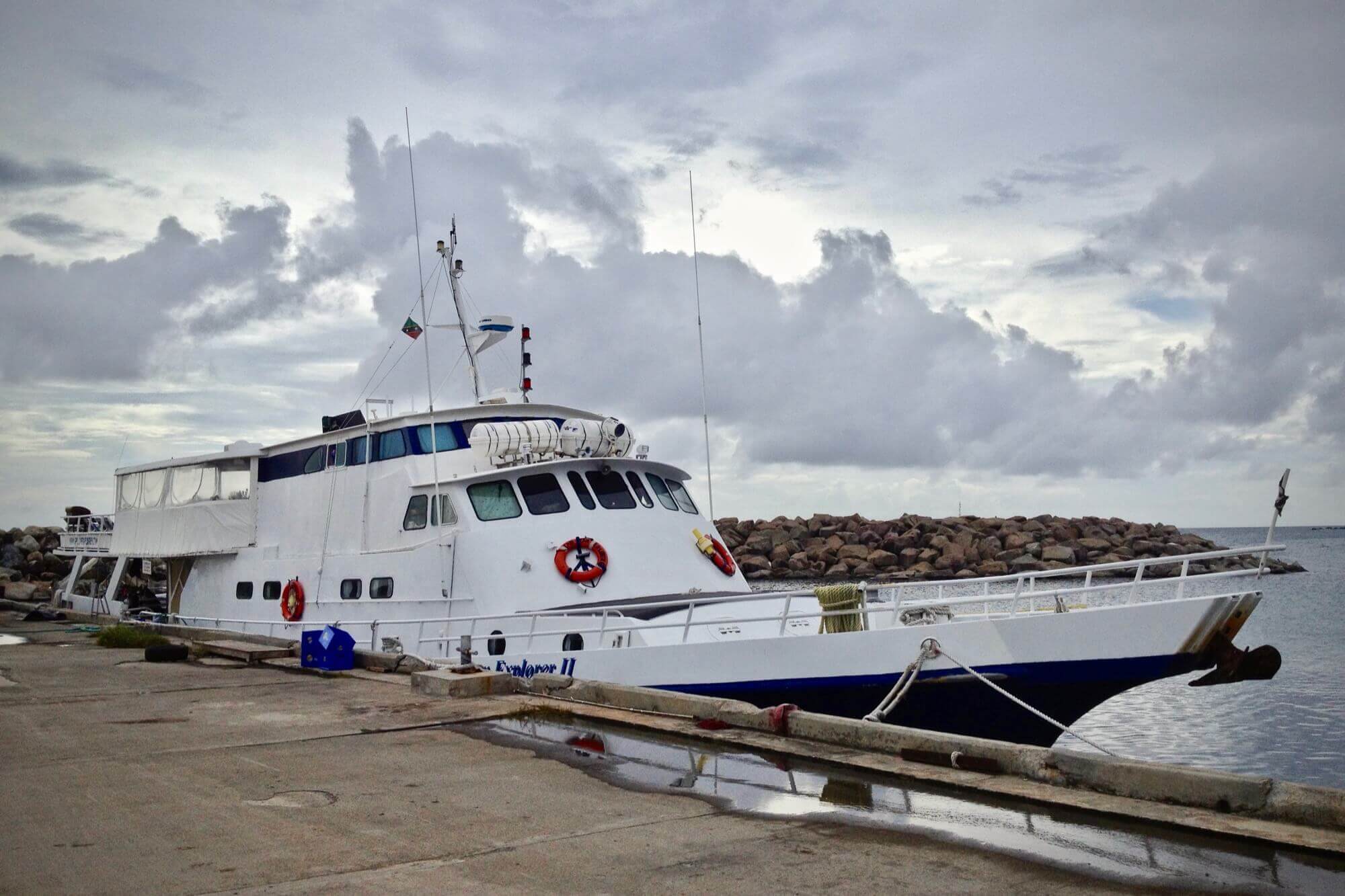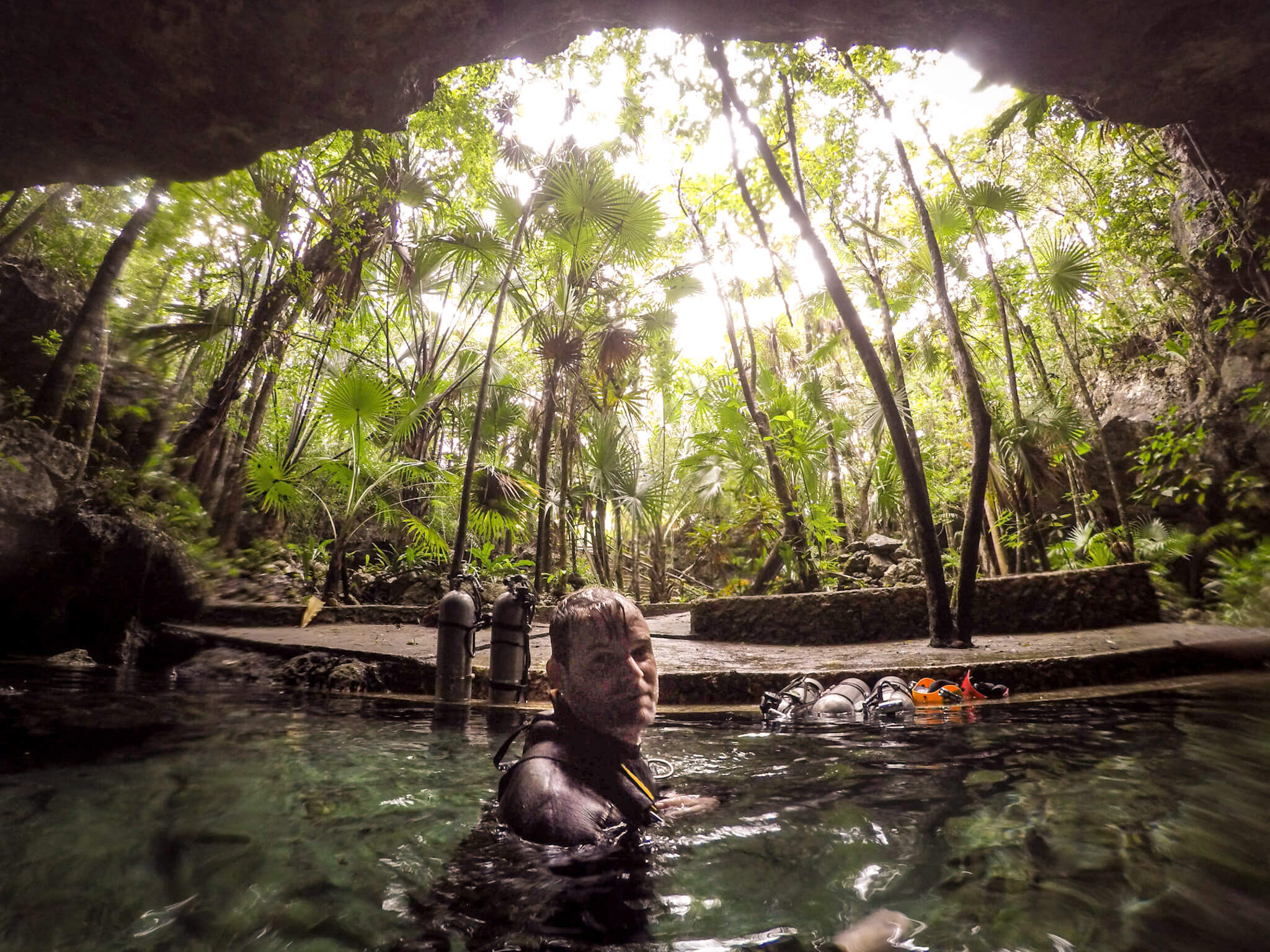-
Located in the Charlevoix region of Quebec, Parc national des Grands-Jardins is a short 2 hour drive from Quebec City or 4.5 hours from Montreal. Grands-Jardins translates to “great gardens”. The park features unique landscapes including the taiga characterized by lichens (usually only found much farther north) and areas ravaged by the forest fires of…
-
On a scuba liveaboard, you eat, sleep and dive for a week without ever touching land. They’re the perfect way to do a lot of scuba diving with ease and comfort. If you’re planning your first liveboard trip, we share some tips for preparing for your scuba liveaboard.
-
Ancient Egyptian and Roman obelisks are scattered throughout Rome, often in front of history churches. Learn about their history and current locations.
-
On our last trip to Paris, we stayed in a houseboat on the Seine River, next to the Jardin des Tuileries, steps away from the Louvre and Musée d’Orsay, and within walking distance to the Arc de Triomphe, Notre Dame, Les Invalides, Panthéon, and more!
-
While many know of Verona as the setting for Shakespeare’s Romeo and Juliet (and The Two Gentlemen of Verona), it should be on more people’s radar because of it’s Roman history, impressive Venetian architecture, and rich arts and culture scene. It was declared a UNESCO World Heritage Site in 2000.
-
Trieste is an important port city on the northern Adriatic Sea. Over the course of its history, it has gone from being part of the Roman Empire, to the Republic of Venice, to Austria-Hungary, to its own Free Territory, to present-day Italy (among others). So much to explore in just 4 days!
-
Less than 50 km apart in Northeast Italy and Slovenia are two impressively large cave systems. Grotta Gigante near Triste, Italy features a massive main cavern while the Postojna Cave features over 24 km of cave tunnels. Both have been welcoming tourists for over 100 years.
-
A cenote is a natural pit or sinkhole, resulting from the collapse of limestone bedrock that exposes groundwater, found throughout the Yucatán Peninsula in Mexico. Some are large, open-water pools while others are small cracks in the earth. The cenotes were the water source for the ancient Maya; today they’re a popular tourist attraction for…









